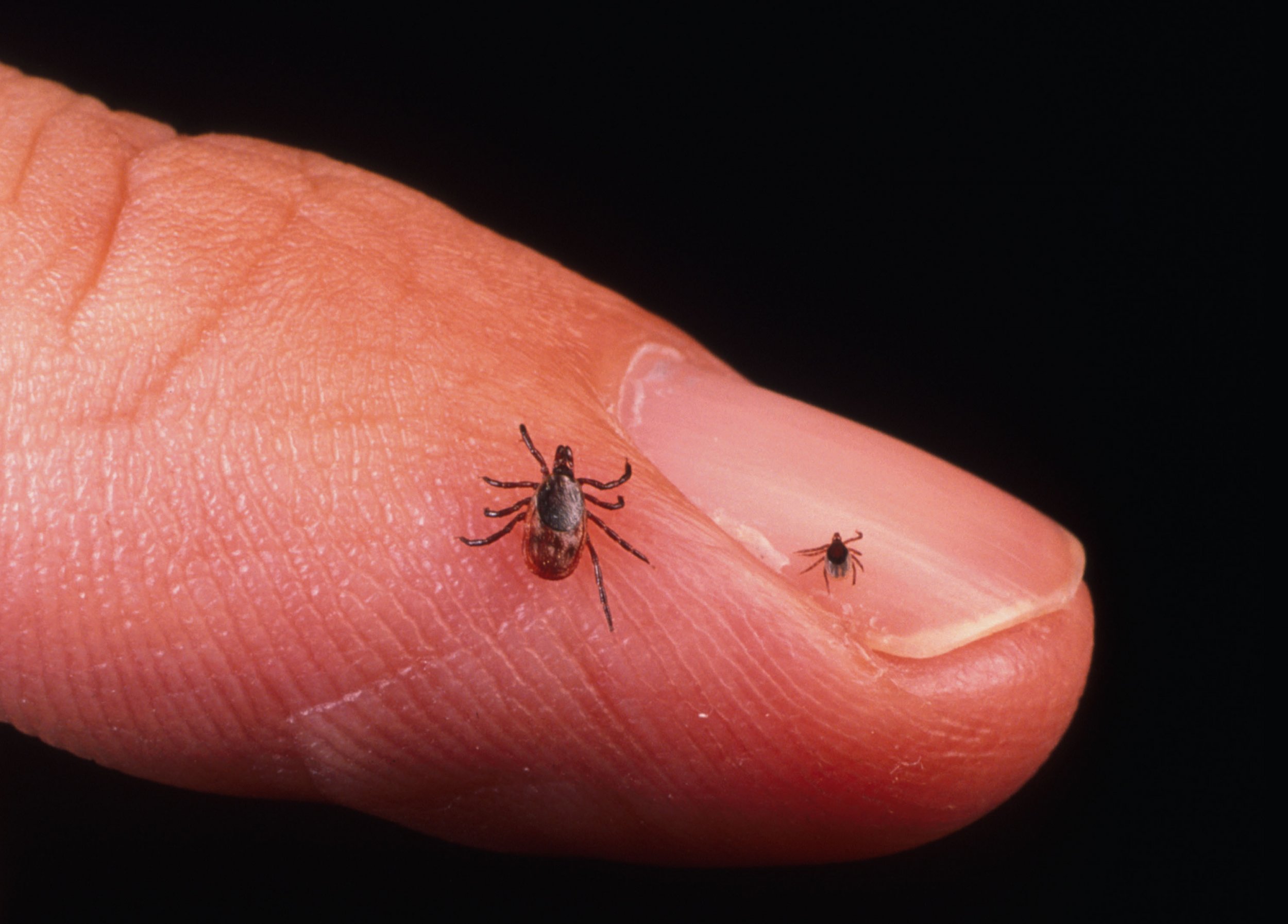
Lyme disease may only have been recognized 40 years ago, but the bacteria that causes it is older than the human race, according to researchers who found the offending bacteria in 15 million- 20 million-year-old amber.
Humans have probably been getting tick-borne diseases, including Lyme disease, as long as there have been humans, George Poinar Jr., a professor emeritus in the Department of Integrative Biology of the Oregon State University College of Science, said in a press release. Lyme is currently on the rise and is considered by the U.S. government to be "far more common" than West Nile and other insect-borne diseases.
The team from Oregon State University, who published their findings in the journal Historical Biology on Friday, studied four amber-fossilized ticks found in the Dominican Republic. Each had cells that bear a close resemblance to Borrelia, the spirochete-like bacteria that cause Lyme disease.
Typically, soft-bodied bacteria do not get preserved in fossil form. But amber, which begins as free-flowing tree sap and slowly hardens, makes for an exception.
Lyme disease itself was not identified until 1975, and to this day it continues to be often misdiagnosed. The disease has myriad symptoms, and can cause flu-like symptoms, joint pain, fatigue, and in extreme cases can affect the heart and central nervous system. Ticks can also carry other bacteria that cause "co-infections," like Babesiosis and Ehrlichiosis, which can present symptoms ranging from fever and headaches to altered mental status and death.
Deer typically carry Lyme disease–bearing ticks, and tick-borne diseases have been on the rise, in part due to growing deer populations in populated areas. Lyme disease cases in Nova Scotia, for example, nearly tripled in 2013 from the prior year.
"In the United States, Europe and Asia, ticks are a more important insect vector of disease than mosquitoes," noted Poinar.
The oldest known case of Lyme disease was found in a 5,300-year-old Tyrolean "iceman" mummy from the Italian Alps.
"Before he was frozen in the glacier, the iceman was probably already in misery from Lyme disease," Poinar said.
Uncommon Knowledge
Newsweek is committed to challenging conventional wisdom and finding connections in the search for common ground.
Newsweek is committed to challenging conventional wisdom and finding connections in the search for common ground.
About the writer
Zoë is a senior writer at Newsweek. She covers science, the environment, and human health. She has written for a ... Read more





